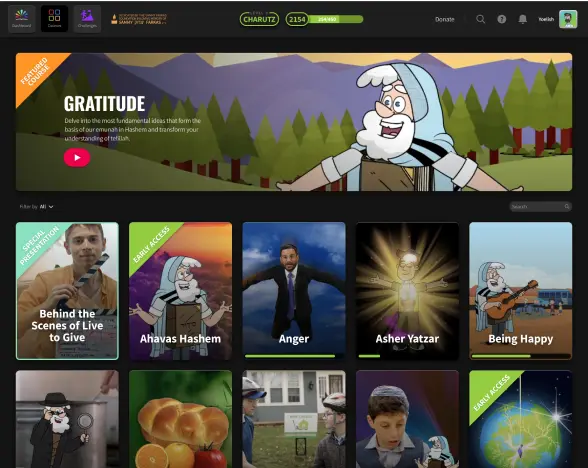
Parshas Vayeshev: The Jealousy Trap
It’s a story we know well. Yosef and his brothers, the colorful coat, the jealousy, and the sale to Egypt. But let’s hit pause for a second and zoom in. Why does the Torah share all these details? It’s not just a history lesson. It’s a warning—and a wake-up call.
The Torah teaches us something powerful here: Even the greatest people, like the holy sons of Yaakov, can fall into the trap of sinas chinam—baseless hatred. Now, you might be wondering, baseless? Didn’t they have reasons to dislike Yosef? They thought they were acting “for the sake of Heaven”! But here’s the tricky part: sometimes we don’t even realize that our negative feelings come from jealousy or other personal emotions. And that’s exactly what happened here.
The brothers’ jealousy blinded their judgment. They thought they were being fair, but their emotions distorted their vision (Abarbanel Bereishis 37:3). The Torah warns us about this phenomenon over and over again. In Shemos (23:8), the Torah says, “Bribery blinds the eyes of the wise and distorts the words of the righteous.” Even when someone is brilliant, righteous, or well-meaning—like Yosef’s brothers—bias can sneak in and twist the truth.
And here’s why this lesson is so important for us today: sinas chinam isn’t just a personal problem. It’s the reason the second Beis HaMikdash was destroyed (Yoma 9b), and it’s the barrier holding back the geulah—our final redemption. If we want to bring the Beis HaMikdash back, if we want to bring the geulah closer, we must root out baseless hatred and replace it with love and unity.
So, what’s the takeaway? The next time you feel negativity toward someone, even if you think it’s for a “good reason,” hit pause. Take a deep breath. Ask yourself: Is there something personal here? Am I being completely fair? The story of Yosef and his brothers reminds us that even the most incredible people can make mistakes. And that’s okay—because their story is here to help us grow.
It’s not easy, but if we keep this lesson in mind, we’ll be one step closer to overcoming jealousy, building stronger, kinder relationships, and ultimately helping bring the geulah. And that’s the kind of story we want to write for ourselves.

